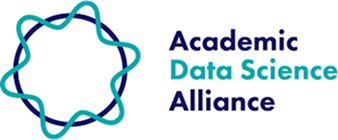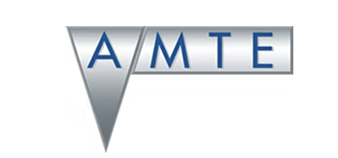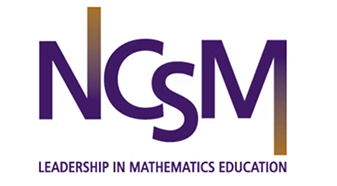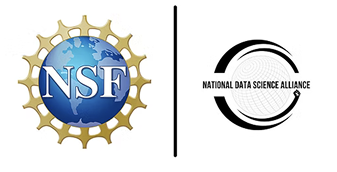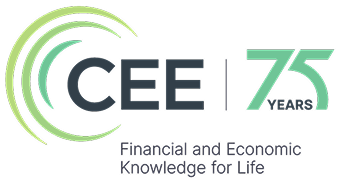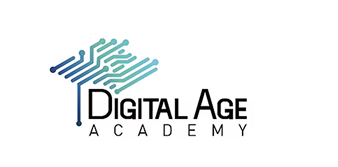Data types & forms
Recognize that data can exist as quantitative, ordinal, categorical, and other values. Data also can be “nontraditional” forms such as graphical or other media.
K–2 Competencies
Utilize both categorical and numeric data.
Recognize that data can be derived from many different forms of sources (e.g., photographs, written text, audio recordings, videos, people, and other non-traditional places).
Understand that data can be used to ask and answer questions.
Classroom resources
All About Our Class Activity
Students become data scientists by collecting information about their classmates and creating visual representations to learn about their classroom community.
K-2 Sorting Toys
The purpose of this lesson is to introduce students to data collection, organization, and analysis through a hands-on survey about toy preferences. Students will learn to categorize data, create visual representations, and draw conclusions from their findings.
K-2 Favorite Fruit Case Cards
The purpose of this lesson is to teach students how to collect, organize, and analyze data using multiple attributes through the creation of "case cards." Students will explore fruit preferences while learning to categorize data using various criteria and make comparisons across different characteristics.
Data Science Starter Kit - Module 1: Data Dispositions and Responsibilities
Welcome to the foundation of data science education! This module focuses on developing the right mindset for working with data—both for you and your students.🔗
Data Dispositions and Responsibilities isn’t about memorizing definitions or learning technical skills. It’s about cultivating curiosity, healthy skepticism, and ethical thinking. These are the habits of mind that make everything else in data science meaningful and responsible.
3–5 Competencies
Distinguish when data is categorical versus numeric and define the difference.
Recognize that non-traditional forms (e.g., photographs, written text, audio recordings) of data are informative and supportive of inquiry.
Understand case structure as a way to identify the defining "case" of the data where a case is a data point which may have many variables associated with it, each with a possible value.
Classroom resources
All About Our Class Activity
Students become data scientists by collecting information about their classmates and creating visual representations to learn about their classroom community.
Data Science Starter Kit - Module 1: Data Dispositions and Responsibilities
Welcome to the foundation of data science education! This module focuses on developing the right mindset for working with data—both for you and your students.🔗
Data Dispositions and Responsibilities isn’t about memorizing definitions or learning technical skills. It’s about cultivating curiosity, healthy skepticism, and ethical thinking. These are the habits of mind that make everything else in data science meaningful and responsible.
6–8 Competencies
Analyze the way categorical and numeric data shapes its interpretation and analysis.
Recognize that numerical variables may be either discrete or continuous.
Classroom resources
Backpack Investigation Activity
Students investigate the weight and contents of their backpacks using data collection, analysis, and health recommendations to make evidence-based conclusions about student wellness.
Middle School Drought Analysis
The purpose of this lesson is to develop students' data literacy skills through analyzing real drought data from their state or region. Students will explore climate patterns, create visualizations, draw evidence-based conclusions, and communicate findings effectively while learning to evaluate data sources, identify patterns, and understand the ethical implications of data analysis.
Data Science Starter Kit - Module 1: Data Dispositions and Responsibilities
Welcome to the foundation of data science education! This module focuses on developing the right mindset for working with data—both for you and your students.🔗
Data Dispositions and Responsibilities isn’t about memorizing definitions or learning technical skills. It’s about cultivating curiosity, healthy skepticism, and ethical thinking. These are the habits of mind that make everything else in data science meaningful and responsible.
9–10 Competencies
Define "qualitative" and "quantitative" and understand how they relate to categorical and numeric data.
Understand that forms of media (e.g., photographs, written text, audio recordings) can be represented in quantitative and qualitative terms.
Classroom resources
School Schedule Analytics Activity
Students analyze real school data to understand enrollment patterns, resource allocation, and administrative decision-making while applying statistical analysis and data visualization techniques used in professional settings.
Data Science Starter Kit - Module 1: Data Dispositions and Responsibilities
Welcome to the foundation of data science education! This module focuses on developing the right mindset for working with data—both for you and your students.🔗
Data Dispositions and Responsibilities isn’t about memorizing definitions or learning technical skills. It’s about cultivating curiosity, healthy skepticism, and ethical thinking. These are the habits of mind that make everything else in data science meaningful and responsible.
11–12 Competencies
Recognize that multiple types of data can provide valuable insights into the same inquiry.
Classroom resources
School Schedule Analytics Activity
Students analyze real school data to understand enrollment patterns, resource allocation, and administrative decision-making while applying statistical analysis and data visualization techniques used in professional settings.
Data Science Starter Kit - Module 1: Data Dispositions and Responsibilities
Welcome to the foundation of data science education! This module focuses on developing the right mindset for working with data—both for you and your students.🔗
Data Dispositions and Responsibilities isn’t about memorizing definitions or learning technical skills. It’s about cultivating curiosity, healthy skepticism, and ethical thinking. These are the habits of mind that make everything else in data science meaningful and responsible.
Advanced Competencies
Classroom resources
Support other teachers by sharing a resource
Do you have a lesson plan, video, or tip that could help others teaching this topic?
Share feedback on the Learning Progressions
Your feedback helps us improve these progressions for teachers around the world. Thank you!
Share feedback on the Learning Progressions
Your feedback helps us improve these progressions for teachers around the world. Thank you!
Share a classroom resource
Suggesting a resource helps students around the world learn essential data science skills.








.png)

